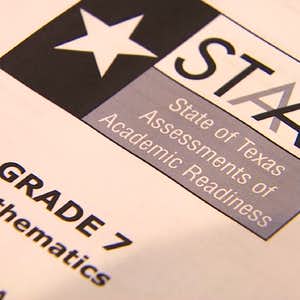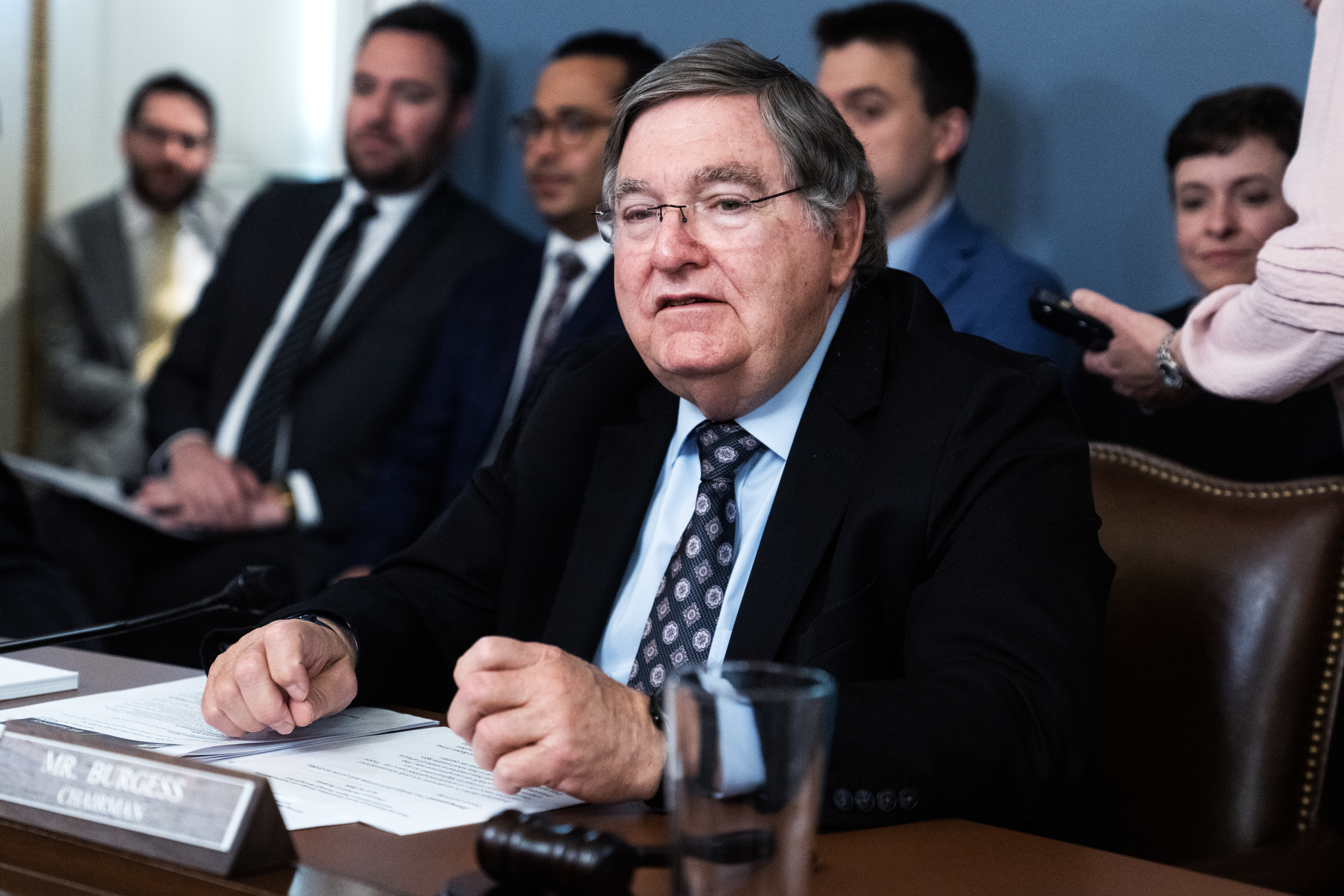Hospitals and health centers in Southeast Texas continue to feel the effects of Harvey.
Some say it might be a month before facilities are back to normal, but those who can't get to a doctor are getting help from medical professionals miles away, thanks to telemedicine.
With a few clicks of a mouse, psychiatrist Dr. Azim Fatima at Medical City Green Oaks is talking face-to-face with Harvey flood victims hundreds of miles away.
"There were suicidal patients. There were psychotic patients. There were patients who had anxiety attacks because of the hurricane. They weren't prepared to leave their homes. They were very anxious about the fear of future," Fatima said.
She's been able to give them psychiatric evaluations and prescribe them medicine thanks to the surge in telehealth services now being offered across the country.
At the city of Dallas mega shelter, Children's Health used telemedicine to connect evacuees with pediatric specialists.
"We were able to develop a virtual health clinic inside the shelter. We have a mobile unit that there's fully equipped with scopes," said Tamara Perry, Children's Health director of Telehealth Operations.
Local
The latest news from around North Texas.
In late May, Texas passed a new law allowing Texas doctors to treat patients over telehealth, without having to exam them in person first.
Right now, all rules that prohibit out-of-state doctors from practicing in Texas have temporarily been suspended, as part of a disaster declaration.
It's all fueling virtual health.
"Recently in the last five to 10 years it's gained more traction, and really because the America or the country the world as a whole has changed in terms of its need for healthcare," Perry said.
With a shortage in a mental health providers, telemedicine may prove to be a vital resource in disaster.
Fatima says she's preparing to treat Hurricane Irma victims as well.




